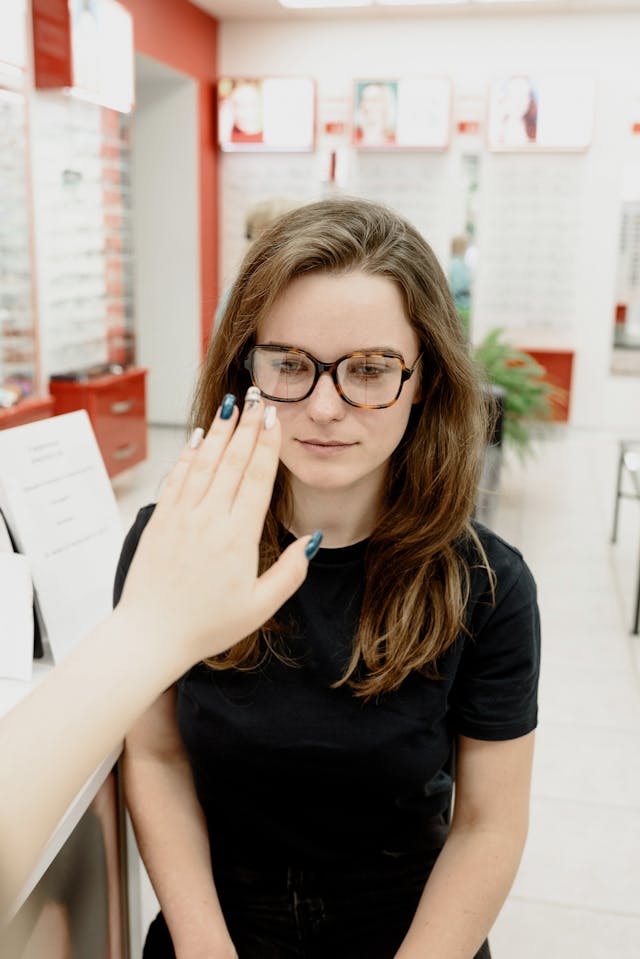Ensuring the reproductive health of teenagers is crucial for their overall well-being and
development.
However, adolescents may not always vocalize their concerns or recognize when they
need medical attention regarding reproductive health issues.
As a caregiver or concerned individual, being aware of key signs and symptoms can help
in identifying when professional medical intervention is necessary.
Here are some indicators to watch for:
-
Unexplained Pain or Discomfort
Persistent or severe pain in the pelvic region, abdomen, lower back, or during intercourse
should not be overlooked.
It could indicate underlying reproductive health issues such as infections, endometriosis,
ovarian cysts, or pelvic inflammatory disease (PID).
-
Irregular Menstrual Cycles
While irregularities are common during adolescence, excessively heavy or prolonged
periods, frequent spotting, or cycles shorter than 21 days or longer than 35 days may
indicate hormonal imbalances, polycystic ovary syndrome (PCOS), thyroid disorders, or
other issues requiring medical evaluation.
-
Abnormal Vaginal Discharge
Unusual colour, consistency, or odor of vaginal discharge could signify infections like yeast,
bacterial vaginosis, or sexually transmitted infections (STIs) such as chlamydia or
gonorrheas.
Any discharge accompanied by itching, burning, or discomfort warrants medical attention.
-
Unexplained Weight Changes
Rapid weight gain or loss without changes in diet or exercise patterns could affect
hormonal balance, potentially indicating thyroid disorders, eating disorders, or polycystic
ovary syndrome (PCOS), all of which impact reproductive health.
-
Developmental Concerns
Delayed puberty or abnormal development of secondary sexual characteristics, such as
breast development or pubic hair growth, may signal hormonal imbalances or underlying
medical conditions requiring assessment by a healthcare provider.
-
Persistent Mood Swings or Emotional Distress
Excessive mood swings, irritability, anxiety, or depression can be linked to hormonal
fluctuations, but they can also indicate psychological distress related to reproductive
health issues, body image, or sexual identity.
Seeking professional guidance can address both physical and emotional concerns.
-
Urinary Symptoms
Frequent urination, pain or burning during urination, or blood in the urine could indicate
urinary tract infections (UTIs), STIs, or other reproductive health concerns that require
medical attention.
-
Unprotected Sexual Activity
Engaging in sexual activity without protection puts teenagers at risk of unintended
pregnancies and sexually transmitted infections.
Encouraging open dialogue about safe sex practices and providing access to
contraception and STI screenings are essential components of reproductive healthcare for
adolescents.
Conclusion
Prioritising adolescent reproductive health involves being attentive to subtle changes and
open to discussing sensitive topics.
Creating a supportive environment where teenagers feel comfortable seeking medical
advice empowers them to address reproductive health concerns proactively.
Encouraging regular check-ups with healthcare providers ensures timely intervention and
promotes lifelong habits of self-care and well-being.
By recognising the signs outlined above, caregivers and individuals can play a pivotal role
in safeguarding the reproductive health of teenagers.











